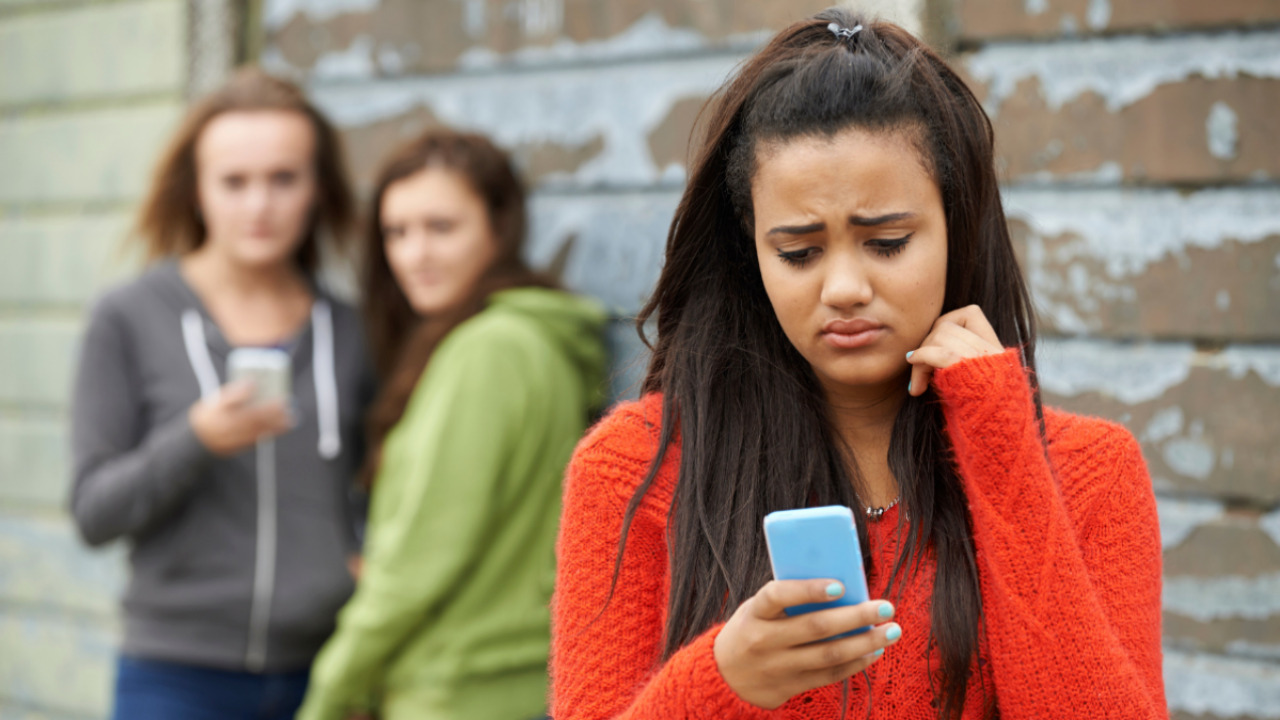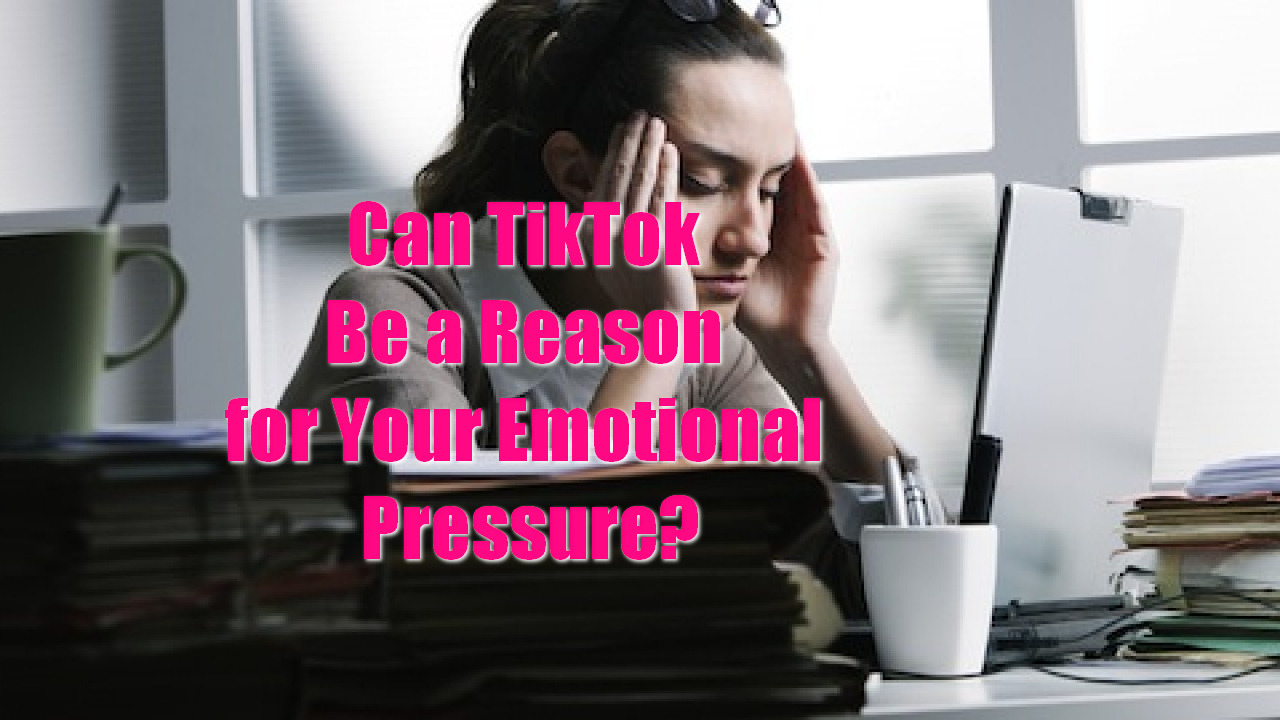TikTok, the immensely popular short-form video-sharing platform, has taken the world by storm. With millions of active users and a seemingly endless stream of entertaining content, TikTok has become a staple in the daily lives of many individuals, particularly the younger generation. However, while the platform offers fun and creativity, there is growing concern about its potential impact on users’ mental and emotional well-being. In this article, we explore whether TikTok can be a reason for emotional pressure and how it might affect its users.
The Allure of Social Media

Social media platforms, including TikTok, have become an integral part of modern society, revolutionizing the way we connect and share information. The instant gratification of receiving likes, comments, and shares on TikTok videos can be highly addictive and lead to an obsession with seeking validation from others. It also can make you purchase TikTok followers to expand your visibility. This constant craving for social approval can create emotional pressure as users feel the need to maintain a certain level of popularity and acceptance.
Unrealistic Expectations and Comparison
TikTok is flooded with carefully curated content showcasing the best aspects of people’s lives. Users often showcase their most attractive, successful, and enviable moments, creating an illusion of a perfect life. This phenomenon can lead to unrealistic expectations and a feeling of inadequacy among viewers who may compare their own lives to these seemingly idealized ones. As a result, users may feel pressured to present a polished image of themselves, which can be emotionally taxing.
Cyberbullying and Online Harassment

While TikTok can be a source of creativity and positivity, it also has a darker side. Cyberbullying and online harassment have become prevalent issues on the platform. Negative comments, hateful messages, and even malicious videos targeting individuals can cause significant emotional distress and pressure. The anonymity of social media can embolden some users to engage in harmful behaviors without facing immediate consequences, exacerbating the emotional toll on victims.
FOMO (Fear of Missing Out)
TikTok’s fast-paced nature and algorithm-driven content can give rise to FOMO – the fear of missing out. Users may feel the need to be constantly active on the platform to stay updated and avoid feeling left out. This fear of missing out on the latest trends, challenges, or viral videos can lead to compulsive behavior, causing emotional pressure and anxiety.
Time Consumption and Productivity
Another aspect of TikTok that can contribute to emotional pressure is its time-consuming nature. The platform’s addictive content can lead users to spend excessive amounts of time scrolling through videos, often at the expense of other essential activities such as work, study, or spending quality time with loved ones. The guilt and stress from neglecting responsibilities can add to emotional pressure and feelings of inadequacy.
Body Image Issues
TikTok, like many other social media platforms, features a significant amount of content related to beauty standards and body image. Users may come across videos of influencers or creators promoting a certain body type as ideal, which can lead to body dissatisfaction and self-esteem issues. Constant exposure to such content can generate emotional pressure and contribute to the development of eating disorders or body dysmorphia.
Conclusion
While TikTok can be a fun and entertaining platform, it is essential to acknowledge its potential impact on emotional pressure and well-being. Users should be mindful of how they engage with the platform and take breaks when needed. Additionally, social media companies can play a significant role in mitigating emotional pressure by implementing measures to combat cyberbullying, encouraging positive content, and promoting mental health awareness. As users, it is crucial to strike a balance between enjoying the platform and protecting our emotional well-being.

